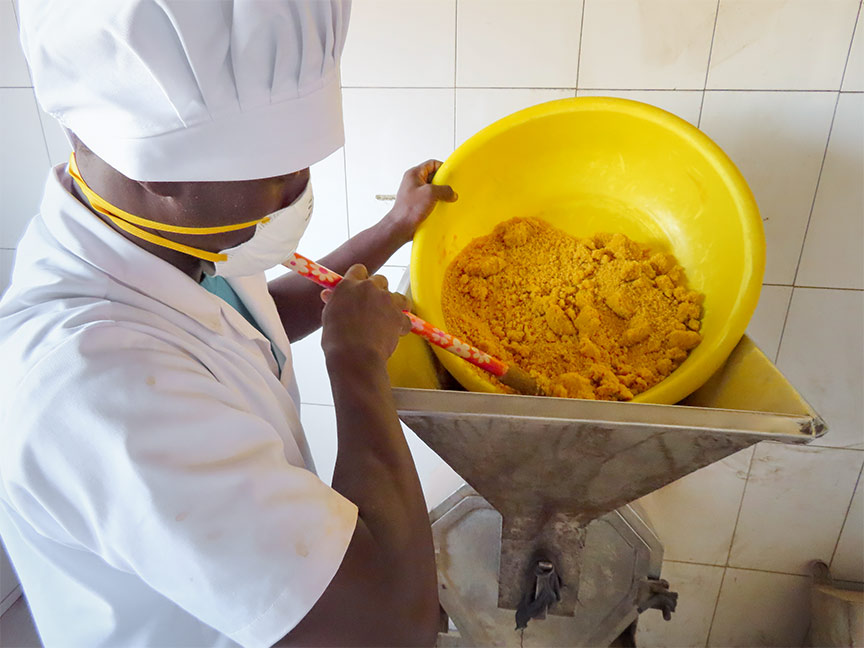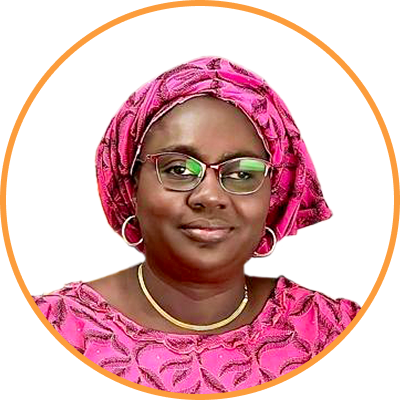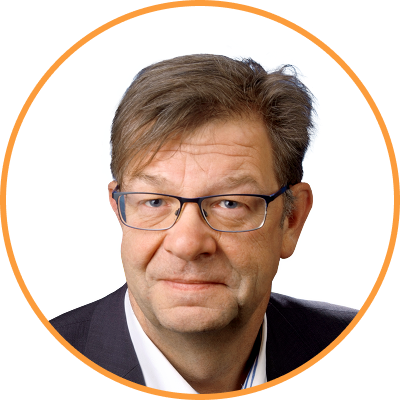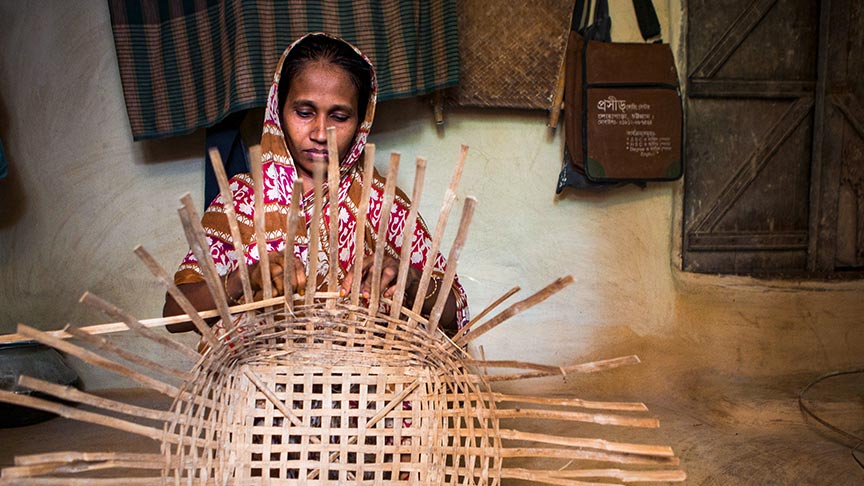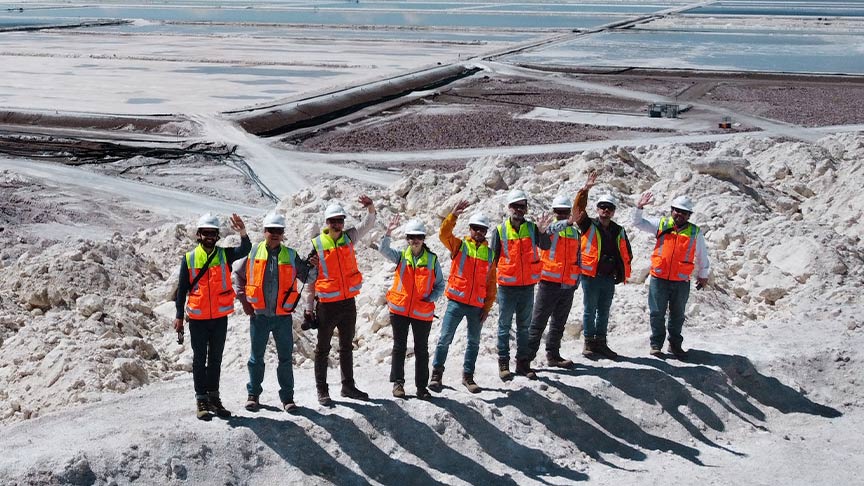When Djélia Diagne heard about the mentoring programme for women in the construction sector, her mind was quickly made up: the construction engineer from Senegal was very eager to take part. "There’s still a lot to do to achieve gender equality in this sector," says the 33-year-old. That is why she was keen to accept GIZ’s offer to mentor other women in the traditionally male-dominated industry as part of the Build4Skills project. She has also benefited from it herself: "The mentoring programme has helped me improve my relationships with male colleagues." The construction engineer now feels encouraged to pursue her wish to "be successful and take on positions of responsibility".
Motivated and qualified skilled workers like Djélia Diagne safeguard innovation, employment and prosperity and can therefore benefit not only Senegal but also Germany. Due to current demographic trends in Germany, a shortage of skilled workers is one of the biggest challenges the country will face in the coming decade. Jobs in the health sector, teaching, education, production and construction will be most affected. Demand is so high that it cannot be met by national initiatives alone. Motivated individuals from other countries, like Djélia Diagne, are an asset for German companies.



